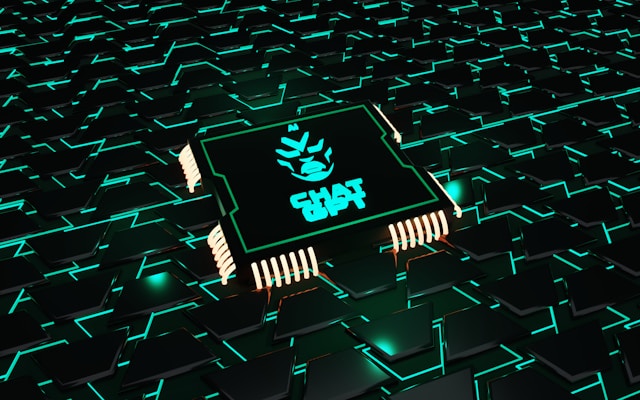Securing AI hardware builds trust. We balance computational power with security measures.
Deploying secure AI hardware requires planning. Smart strategies cut risks and boost trust in AI. Here are the main challenges:
- Data Protection: AI hardware processes sensitive data, making it a target. Securing data stops unauthorized access and breaches.
- Vulnerability Management: Regular updates protect AI hardware from weaknesses. Stay alert about security patches.
- Access Control: Strict controls limit who uses AI hardware. This step stops unauthorized use and security risks.
- Compliance: Following regulations builds trust and prevents legal issues.
Understanding these challenges helps secure AI hardware. We aim to create a strong framework that protects hardware and data, keeping AI systems trustworthy. For a deeper exploration of the risks and challenges associated with AI, including data privacy and security vulnerabilities, you can read more about understanding the risks and challenges of artificial intelligence.
At Work With AI, we know the importance of secure AI hardware. Our goal is to build robust systems that users can trust. We focus on these key areas to ensure our AI hardware meets the highest security standards.
Leading Companies and AI Hardware Innovation
Leading tech companies are at the forefront of AI hardware innovation. Nvidia, AMD, and Google are spearheading the creation of specialized chips and components to boost AI capabilities and computational efficiency while reducing energy consumption.
Nvidia has been a major player by enhancing its GPUs to better tackle AI tasks. Their focus on multiprecision operations allows for faster and more efficient processing, which is crucial for AI applications. This innovation helps developers streamline AI workflows and improve project outcomes.
AMD is also making strides in AI hardware. They’re adapting their technology to cater specifically to AI needs. By optimizing their GPUs, AMD is providing tools that can handle demanding AI computations, offering developers more power and flexibility in their projects.
Google’s contribution comes with their Tensor Processing Units (TPUs). These are specialized chips designed to accelerate machine learning tasks. Integrated into their cloud services and hardware products, TPUs offer efficient AI processing capabilities. They enhance performance while keeping energy costs low, making them an attractive option for developers.
For those interested in how these advancements in hardware are transforming industries, our detailed exploration on AI for Companies reshaping various sectors provides insights into the broader impact of AI technologies. Additionally, to understand the tools and techniques driving these innovations, you can explore our guide on the best artificial intelligence tools and techniques, which delves into the historical evolution and categorization of AI, as well as the key techniques that enable AI systems to learn and improve over time.
These companies’ efforts are shaping the future of AI hardware, offering developers advanced tools to create more powerful and efficient AI applications. This ongoing innovation sets the stage for further advancements in AI technology.
Startups Pioneering AI Hardware
Startups are shaking things up in AI hardware. They’re diving into niche applications and new tech to push boundaries. One exciting area is in-memory computing. This innovation merges logic with memory. The goal? Speed things up and make processes more efficient.
Imagine reducing the need to move data back and forth. That’s what integrating logic and memory does. It boosts processing speed and cuts down on energy use. Startups are diving deep into this tech, creating dense and efficient platforms that handle AI tasks better.
For those interested in how emerging AI technologies are being integrated into business operations, exploring structured approaches can provide valuable insights. Learn more about integrating AI into business operations to enhance decision-making and efficiency.
Here’s how startups are pushing AI hardware forward:
- In-Memory Computing: Combines logic and memory to enhance speed and efficiency.
- Emerging Technologies: Utilizes innovative architectures to improve processing.
- Dense Platforms: Creates compact systems that are energy-efficient.
These startups are not just building hardware; they’re setting trends. They focus on what’s next, ensuring AI applications meet future demands. By tackling these challenges, they’re helping shape the AI landscape. It’s all about making AI faster and smarter, opening up new possibilities.
Image Source

Leave a Reply